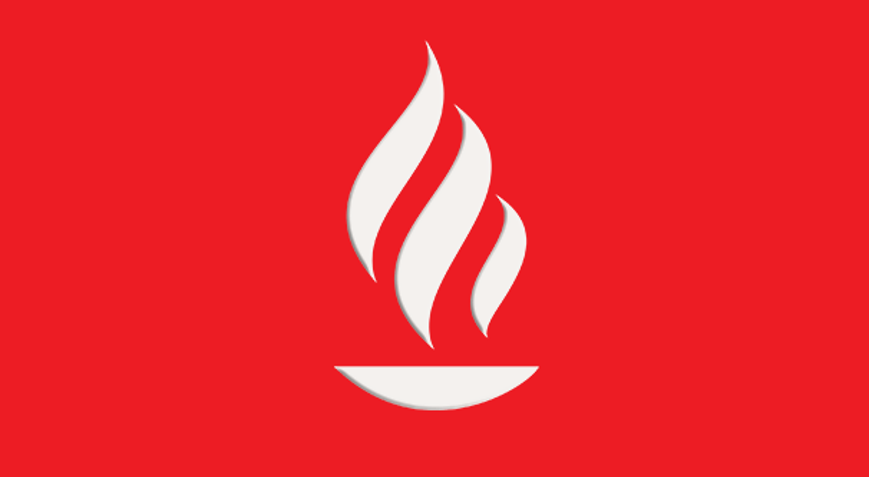Stabbing Intifada at heart of Israel - Palestine
20.10.2015 - 18:11 | Son Güncellenme:
.

Stabbing Intifada at heart of Israel - Palestine conflict
Öykü Altuntaş / Jerusalem, Oct 20 (DHA) – Individual attacks made a new wave of violence, putting forward debates on a new potential "Intifada", as the Israel – Palestine conflict upraises.
Since the beginning September, individual stabbing attacks sparked on the streets across the region, thought to have stemmed from the Al-Aqsa Mosque tension.
These allegedly Palestinian attackers, known as "lone-wolves", are hardly identified and prevented by Israeli forces, while the "Stabbing Intifada" occurring nearly every day accelerates.
According to Guardian, around eight Israelis have been killed in Palestinian attacks – mostly stabbings –while 35 Palestinians were murdered by Israeli fire: 17 labelled by Israel as attackers and the rest in clashes with Israeli troops. Meanwhile, 1,500 people were thought to be wounded.
Al Jazeera also maps the recent conflict, pointing to 45 Palestinians killed since the beginning of October. Also, an Eritrean asylum seeker was murdered, mistaken for a Palestinian attacker, during a raid in southern Israel.
"Days of rage" declared across country
The ring of "Stabbing Intifada" chain was the killing of a Palestinian by Israeli forces near Hebron city in the occupied West Bank, after he allegedly tried to stab an Israeli soldier. According to military and health officials, the Palestinian was shot dead after the stabbing attempt.
On Saturday, accordingly, four Palestinians were shot dead as they attempted to stab Israelis in separate attacks, as tide of violence has been rising in the region. Three among those were 18 or younger.
A significant part of the killings of Palestinian are thought to have occurred after stabbing attempts of attackers against Israeli security forces.
Earlier this month, the Israeli military has destroyed house of a Palestinian, Maher al-Hashlamoun, from Hebron in the West Bank, who allegedly stabbed to death an Israeli, last year.
The destruction of the house has led to clashes between dozens of Palestinian stone throwers and Israeli soldiers.
Radical Islamist Hamas forces in the West Bank, ruling the Gaza Strip, have declared a ‘third intifada’ though Twitter, following the attacks and massacres after a number of Israeli soldiers have entered the Al-Aqsa Mosque compound in Jerusalem. Palestinian groups have declared "Days of rage" last week, triggering chain of violent mass demonstrations and attacks.
Upsurge in stabbings
Israeli Prime Minister Benjamin Netanyahu has convened an emergency meeting of his security cabinet, after three Israeli people were recently killed during clashes, and the meeting has allegedly underlined the upsurge in young Palestinians’ stabbing attacks, along with stoning, marking fear of a potential third intifada.
Along with Hamas, the Islamic State group has also released a video within unprecedented media campaign, calling on Palestinians to resume their attacks against Israeli soldiers and civilians, using every means at their disposal, including knives, vehicles, poison and explosives.
United Nations Assistant Secretary-General for Political Affairs Tay?-Brook Zerihoun has also urged "Tensions at holy sites in Jerusalem, the main cause of the crisis, were compounded by reckless statements by Palestinian and Israeli extremists that Israel aimed to change the status quo at the holy sites, and a ’heavy-handed’ approach by Israeli security services".
First intifada in 1987
The uprising of the first intifada has begun on December 1987, after an Israeli Defense Forces’ (IDF) truck collided with a civilian car, killing four Palestinians, in the Jabalia refugee camp.
As the Palestinian population in the West Bank and Gaza had not reconciled itself to Israeli rule, a revolt broke out in November 1987, with the intifada.
The Palestinians were largely unarmed, as revolts were mostly among young men and boys throwing stones and rocks at Israeli troops.
While an Israeli army patrol car fired on Palestinian attackers, killing a 17-year-old and wounding 16 others, Israeli paratroopers were sent into Gaza to quell the violence.
The second intifada, sparked after Ariel Sharon’s visit to the al-Aqsa mosque in Jerusalem in 2000, involving gun battles, suicide bombing and terrorist activities, comparing to first intifada. Within these two intifada movements, more than 3,000 Palestinians have lost their lives, while almost 10,000 people were wounded.
English News

Şimdilerde TRT'de yayınlanan Teşkilat dizisinde başrol oynayan ve Altay karakterine can veren Tolga Sarıtaş ve eşi Zeynep Mayruk'un bebek bekledikleri iddia edildi. Çiftin çıkan haberler sonrası sosyal medya paylaşımları dikkatlerden kaçmadı.







